UKTV and Talented People are delighted to announce the renewal of their successful diversity partner...
Newsroom
Latest news

24.06.25
Promo released for Mark Gatiss drama, Bookish on U&alibi
The six-part series will be available on U&alibi from 16th July

17.06.25
Melanie Rumani, BBC Studios and UKTV Global Head of Acquisitions, passes away
Melanie Rumani has passed away after a long battle with cancer.

06.06.25
Stacey Dooley Sleeps Over returns to U and U&W for a sixth series
Stacey Dooley MBE is returning to the UK for her latest instalment of Stacey Dooley Sleeps Over.
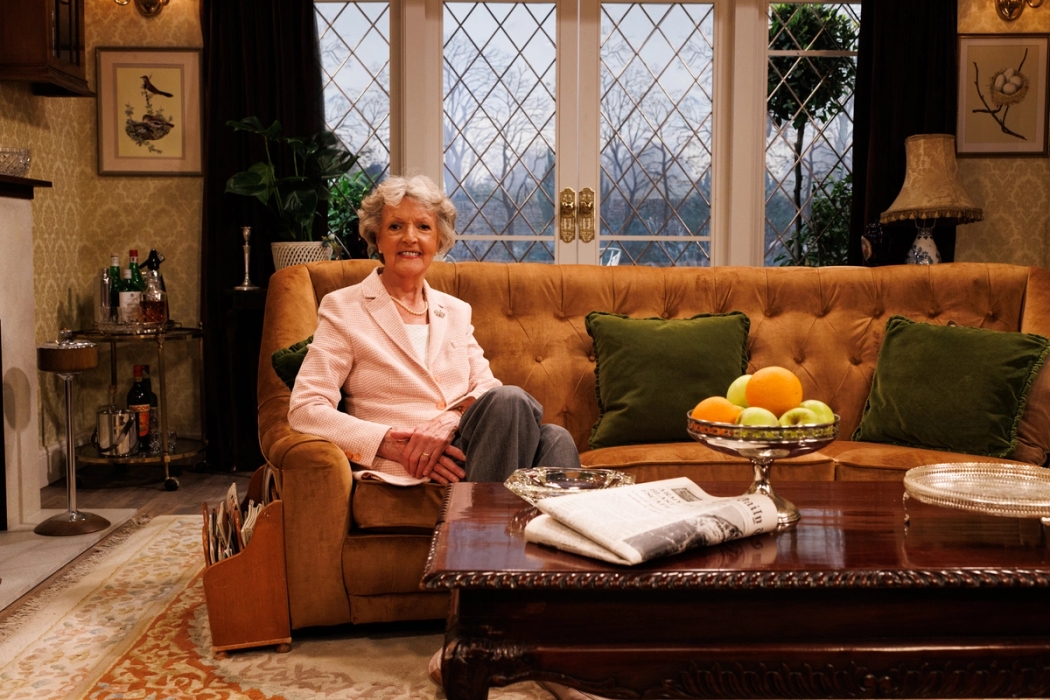
29.05.25
U&Gold celebrates 50 years of The Good Life with a one-off retrospective special fronted by Dame Penelope Keith
Coming to U&Gold later this year

20.05.25
The Marlow Murder Club returns for a thrilling third series
The new series will return on U and U&Drama in 2026
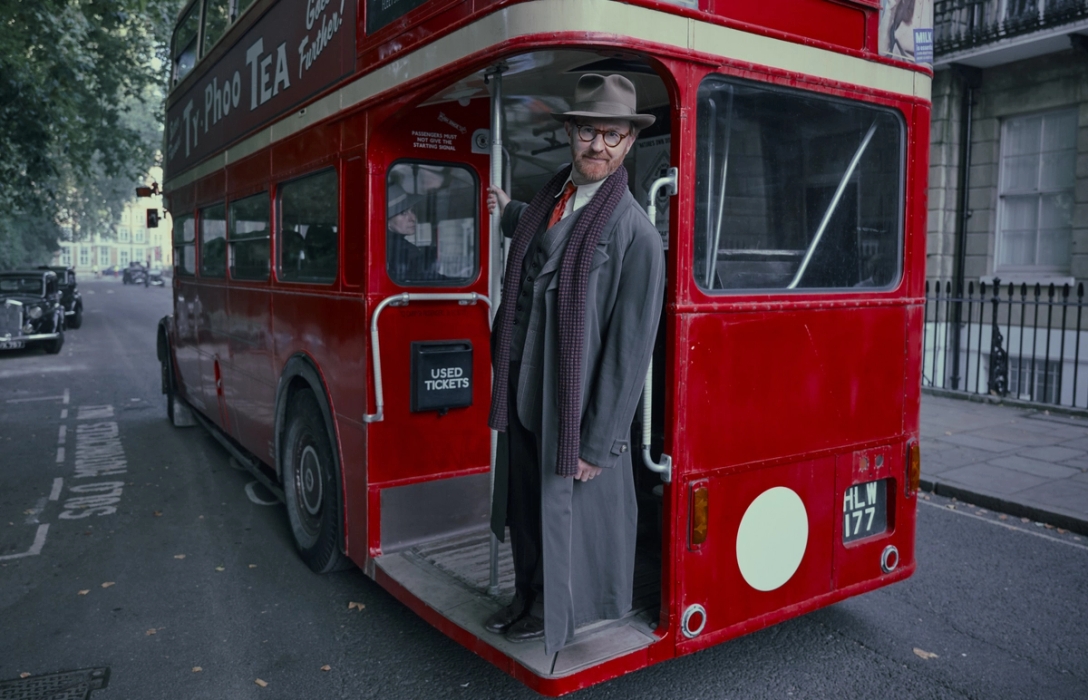
16.05.25
Mark Gatiss drama Bookish re-commissioned for a second series ahead of premiere on U&alibi
The first series will air on U&alibi in July

13.05.25
Ghost Unveils Exclusive Collection Inspired by Upcoming Drama Series Outrageous on U and U&DRAMA
Iconic fashion brand Ghost is launching a 30-piece curated collection showcasing the distinctive sty...
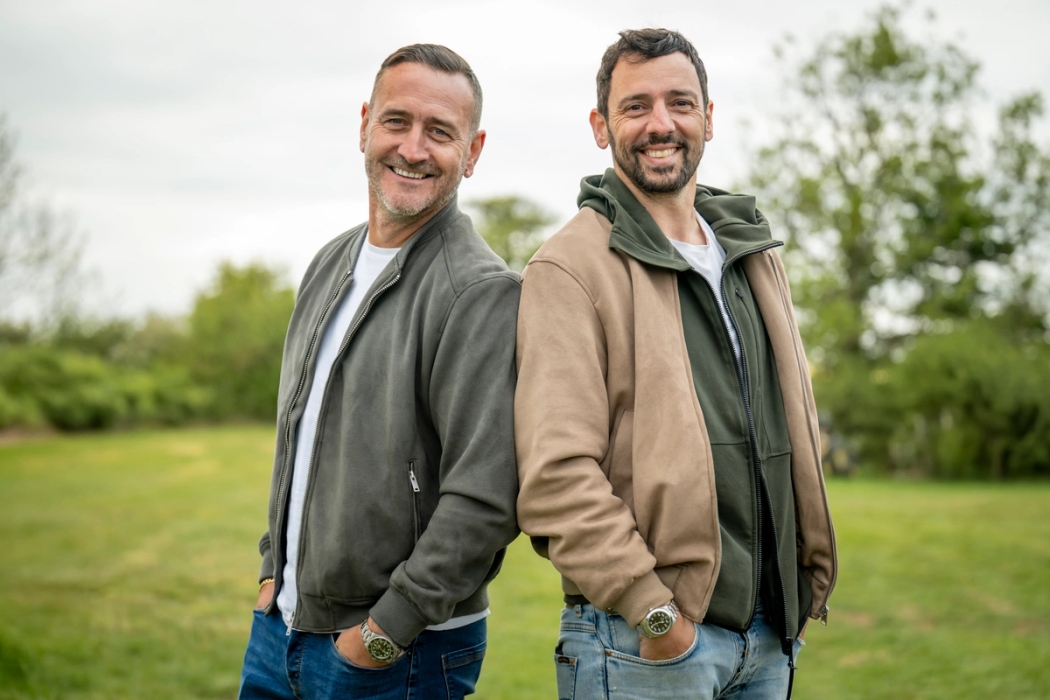
08.05.25
Will Mellor & Ralf Little return to U&Dave for more Will & Ralf Should Know Better
Comedy and entertainment channel U&Dave bring back their #1 ranked programme of 2024 – Will and Ralf...

07.05.25
U&GOLD commissions feature-length documentary celebrating the life of Victoria Wood
The 90-minute film will be produced by BAFTA-winning Rogan Productions, in association with Phil McI...

30.04.25
Re-imagined series of Bergerac set to return to U and U&DRAMA in 2026
Damien Molony will head back to Jersey for a second series of Bergerac, written by Toby Whithouse al...

29.04.25
UKTV acquires UK premiers of The Hunting Party and Allegiance in deal with NBCUniversal Global TV Distribution
UKTV has acquired the UK premiers of The Hunting Party, the new hit crime procedural which debuted o...
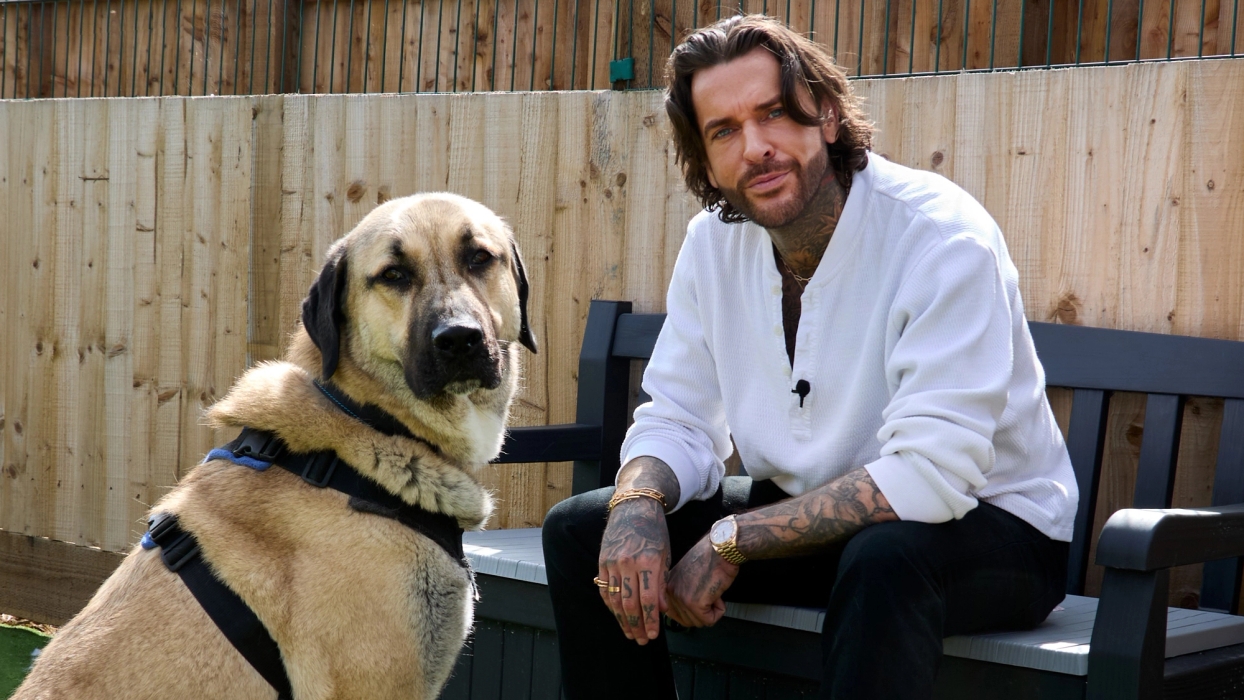
25.04.25
Hit DOG-umentary Pete Wicks: For Dogs’ Sake is recommissioned by U&W for two more series, plus a Christmas special!
Pete Wicks: For Dogs’ Sake is recommissioned by U&W

24.04.25
The Count of Monte Cristo, starring Sam Claflin and Jeremy Irons, to premiere in the UK on U and U&DRAMA
The eight-part miniseries will be available this Summer

22.04.25
New images released for upcoming Mitford sisters drama, Outrageous
Outrageous will be available on U and U&DRAMA from 19th June

07.04.25
Robson Green takes viewers on the World’s Most Amazing Walks in new series for U&YESTERDAY
New series from BBC Studios Specialist Factual Productions will see the presenter, actor and keen ra...

18.03.25
Virgin Media O2 & UKTV renew long-standing partnership
Virgin Media O2 and UKTV have renewed their long-standing partnership in the UK with a multi-year de...

03.02.25
UKTV acquires UK premier of Side Hustlers for U and U&W in deal with ITV Studios
UKTV has acquired the UK premier of Side Hustlers, the US business reality series produced by Reese...

27.01.25
UKTV braves Cape Carnage: Killer Catch in new adventure series for U&Dave
One family’s extreme existence working the treacherous northern waters of Australia is the subject o...
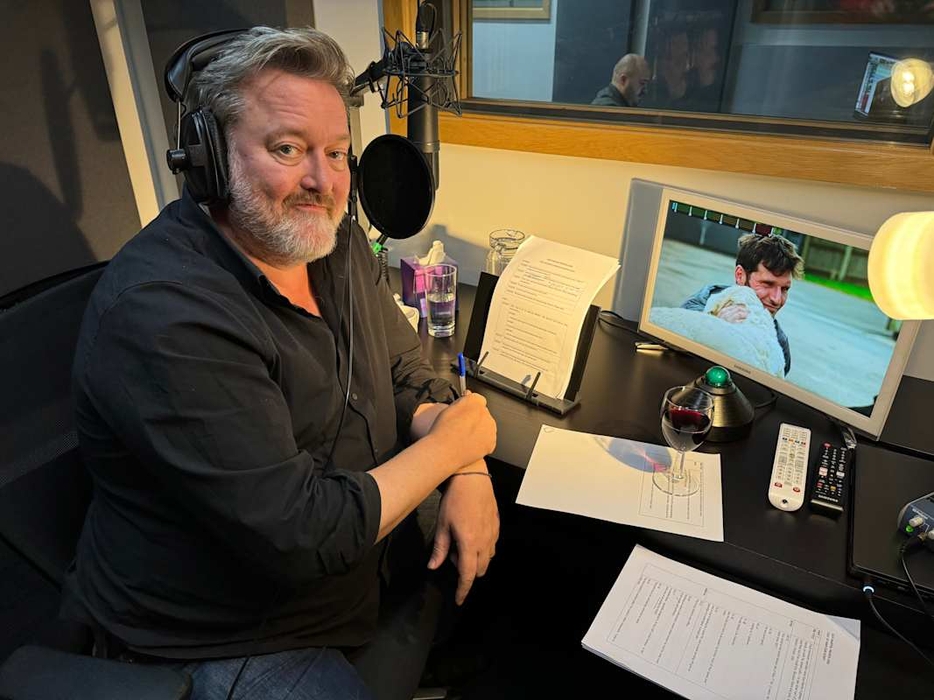
20.01.25
Guy Garvey gets a Proper Job on new U&Dave TV show
Elbow front man Guy Garvey provides voiceover on Guy Martin: Proper Jobs on U&Dave starting Sunday 2...

16.01.25
UKTV’s digital strategy reaps rewards as it doubles views to U streaming service in two years
UKTV’s digital first strategy has delivered strong VOD growth following the BBC Studios-owned broadc...

14.01.25
UKTV Ventures partners with digital community for the over 50s, Rest Less, in airtime-for-equity deal
Leading multi-channel broadcaster UKTV has today announced it has invested in Rest Less, the UK's fa...

08.01.25
UKTV and BBC Studios appoint Sophie Judge as Global Acquisitions Manager
UKTV and BBC Studios have appointed Sophie Judge to the role of Global Acquisitions Manager, further...

19.12.24
Teaser released for the re-imagined series of Bergerac on U and U&DRAMA
The re-imagined series starring Damien Molony as Jim Bergerac will air in February
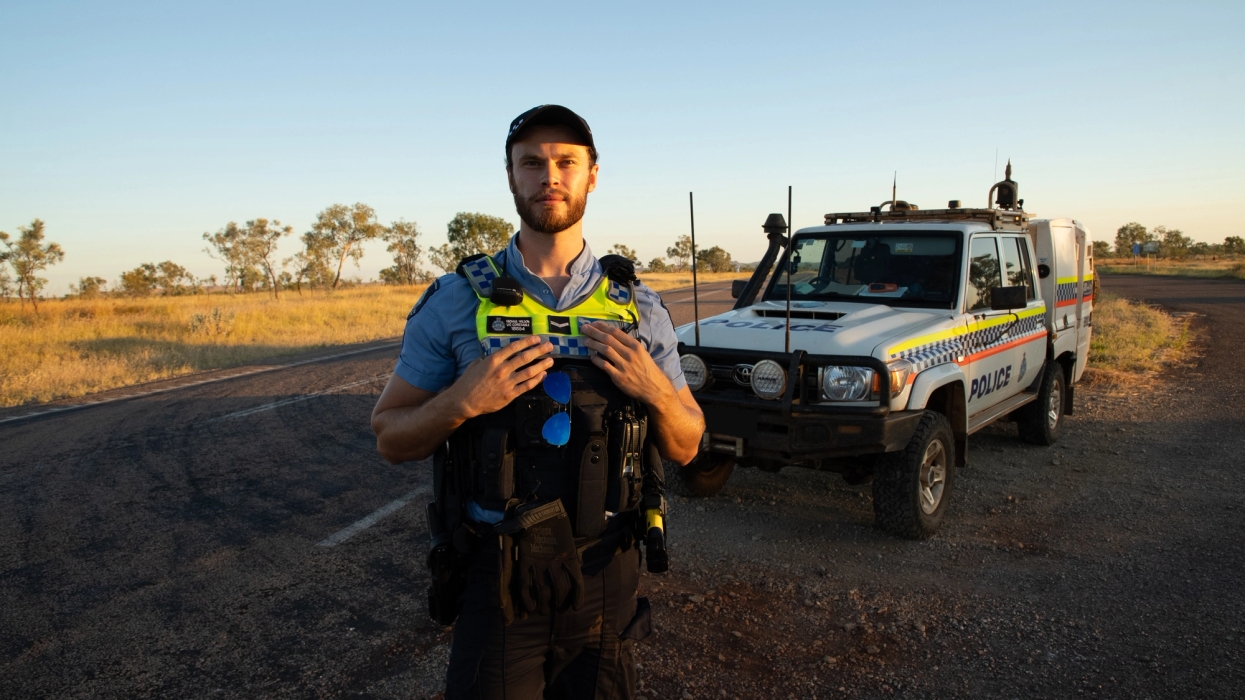
18.12.24
UKTV goes Down Under for double Prospero commission
Prospero Productions making Brit Cops Down Under and The Legend of Outback Gold (w/t) for U&W and U&...
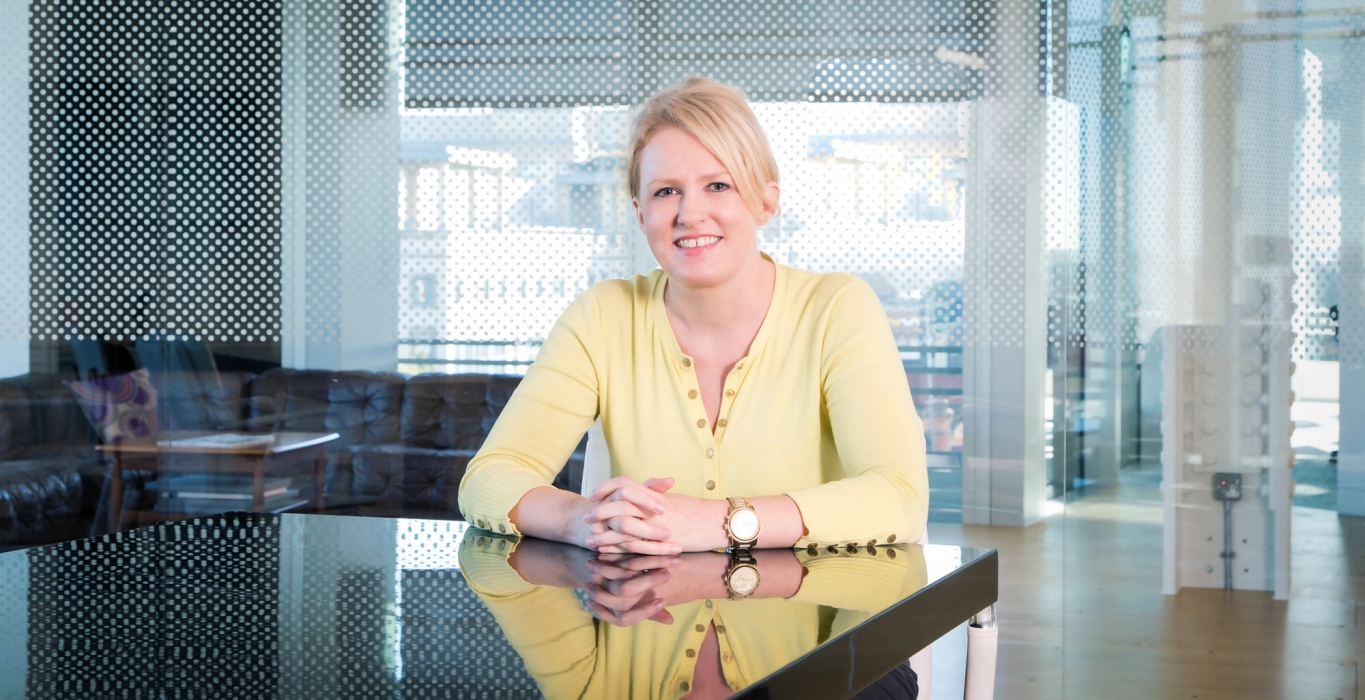
11.12.24
UKTV appoints Emma Tibbetts as Director of Programming for Drama
UKTV appoints Emma Tibbetts as Director of Programming for Drama and unveils new programming structu...

03.12.24
U&Gold Reveals Top 10 Topical Christmas Cracker Jokes for 2024!
Keir Starmer, Oasis & and Gareth Southgate all feature in this year's top 10 gags

21.11.24
Divine artistry! The Vicar of Dibley celebrates 30 years, with unveiling of giant stained-glass inspired art installation
The Vicar of Dibley celebrates 30 years, with unveiling of giant stained-glass inspired art installa...

07.11.24
UKTV completes the rollout of new U Masterbrand with pay channels U&GOLD and U&alibi
UKTV has today completed the rollout of its new U Masterbrand with pay channels, Gold & Alibi, trans...

04.11.24
Iconic Triumph Roadster returns for the re-imagined series of Bergerac on U and U&DRAMA
The car pictured is one that was used in the original series and still has the same registration pla...

22.10.24
FIRST LOOK images released for upcoming Mark Gatiss drama Bookish on Alibi
The series stars Polly Walker, Joely Richardson, Jacob Fortune-Lloyd, Daniel Mays, Paul McGann and m...

10.10.24
FIRST LOOK images released for Alibi and S4C’s upcoming legal crime drama, Mudtown
The series is a co-commission with Welsh language free-to-air channel S4C and All3Media Internationa...

08.10.24
Gold welcomes viewers on Neil & Martin’s Bon Voyage
Neil Morrissey and Martin Clunes to reunite on screen to explore France

07.10.24
Gold launches annual ‘Christmas Crackers’ joke competition
TV channel Gold is challenges individuals across the nation to craft topical and witty Christmas cra...

24.09.24
New episodes of Shakespeare & Hathaway: Private Investigators to premiere on Alibi before launching on BBC & iPlayer
Shakespeare & Hathaway: Private Investigators has been recommissioned for series five, produced by B...

23.09.24
Sky & UKTV extend multi-year partnership
Sky and UKTV have announced a multi-year extension to their long-standing partnership, securing carr...
